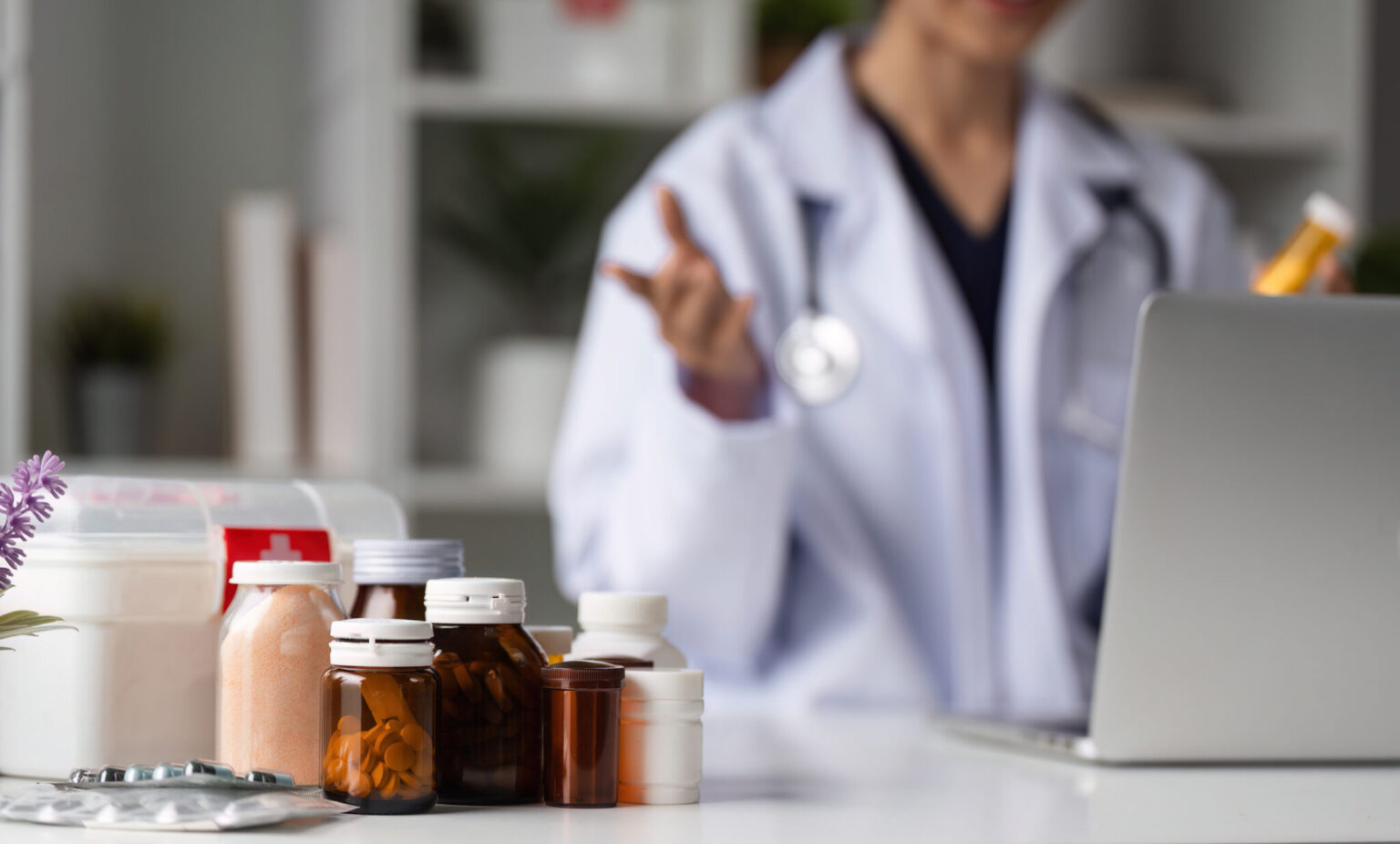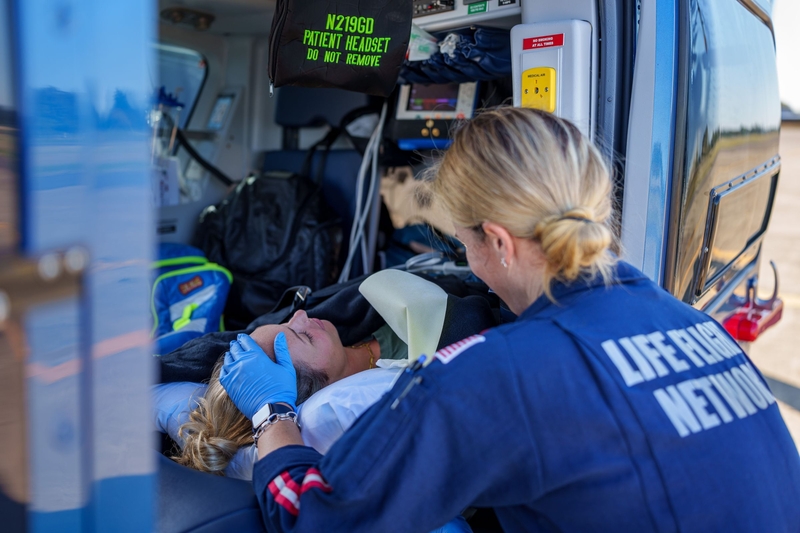In an effort to increase access to abortion, a nonprofit organization in the state of Washington has started a program that trains pharmacists to administer abortion drugs through telehealth. The program’s creators hope that other states will follow suit.
In Washington state, abortion is normally permitted up until the moment of fetal viability, which is typically thought to be between weeks 24 and 26 of pregnancy. However, many people in Washington still encounter obstacles to accessing abortions due to their residence, income, and other circumstances, according to Dr. Beth Rivin, president and CEO of nonprofit Uplift International. According to Rivin, those individuals stand to gain the most from telehealth access, and having pharmacists on hand contributes to that accessibility.
The group started what they term the Pharmacist Abortion Access Project in collaboration with Honeybee Health, an online pharmacy. Ten pharmacists were enlisted and trained to provide misoprostol and mifepristone, the standard abortion medicine regimen allowed by the U.S. Food and Drug Administration, to patients in Washington who were up to 10 weeks pregnant.
Idaho’s governor believes that while lawmakers await court decisions, changes to the state’s abortion restrictions are unlikely.
According to Rivin, the team worked with Dr. Sarah Prager, an obstetrics and gynecology professor at the University of Washington, to develop its training protocol. Additionally, if a patient needs any in-person follow-up care, such as ultrasounds, blood tests, or other examinations, the service provides a list of clinics to which they can be directed.
According to Rivin, patients were contacted one week and four to five weeks after prescriptions were made, and the platform enabled messaging between the patient and the pharmacist if the patient had any questions.
Anti-abortion organizations have been calling for more state laws that target abortion medications over the past two years, claiming that telemedicine for abortion pills poses health risks to expectant mothers. Telehealth medications are just as safe as in-person treatment, according to numerous studies. One recent study found that 99.7% of patients out of 6,000 in the sample did not encounter any major issues. In a similar vein, 97.7% did not require any kind of further follow-up care.
According to research, telehealth may be used to properly prescribe medication abortion, and pharmacists are qualified to prescribe medication abortion specifically, Rivin told States Newsroom. They receive training through the initiative that is similar to that of other providers.
The conservative organization known as the Heritage Foundation, which is behind the Project 2025 set of rules, has compiled a number of instances of abortion drugs being administered to expectant mothers against their will. Based on those instances, the group suggests that states implement or improve legislation to combat abortion coercion and outlaw telemedicine and mail-order abortion drugs. There have also been proposals to completely prohibit the mailing of abortion pills under the Comstock Act, a federal law that has lain dormant.
During the Washington trial program, which ran from October 31 to November 26, 2024, the pharmacists were able to prescribe medication abortion to forty-three qualified patients. In addition to following the relevant medical criteria, the patient had to be at least eighteen years old and reside in a Washington address where the prescription could be shipped in order to be eligible. Although a legitimate Washington address must be given, the drug recipient is not required to demonstrate that they are a resident of Washington. Because of Washington’s shield legislation, states that forbid abortion cannot look into medical professionals if a resident of those states gets an abortion in Washington.
Uplift International stated that it intends to extend the initiative throughout Washington and investigate pharmacists who personally prescribe medication abortion from physical pharmacies in light of the pilot’s success.
As President-elect Donald Trump assumes office and Republicans in Congress may consider greater federal limits on abortion, Rivin said the project’s goal is to set the stage for other states to adopt the same model.
According to Rivin, it is the first step toward making pharmacists the mainstream prescribers of pharmaceutical abortion in person.
Washington has one of the most advanced pharmacy regulations in the nation, according to Don Downing, co-director of the project and an emeritus clinical pharmacy professor at the University of Washington. Since 1979, state law has acknowledged pharmacists as medical professionals, enabling them to prescribe a wide range of FDA-approved drugs.
Idaho, one of Washington’s border states, has a progressive pharmacy law, allowing pharmacists to prescribe pharmaceuticals for conditions like strep throat and the flu as well as for minor diseases like cold sores and allergies. According to Downing, the pharmacy laws in Idaho are much more advanced than those in Washington.
Idaho, on the other hand, has an abortion policy that is very different. It is the only state in the Northwest with a nearly complete ban on abortion, a civil enforcement law that permits family members to bring legal action against medical professionals who perform abortions, and a law that criminalizes taking a minor to a state where abortion is legal without parental consent.
Paradoxically, Downing stated that the pilot team in Idaho made the announcement at an annual pharmacy gathering with pharmacists from Montana, Oregon, Washington, Idaho, and Alaska that was held at a resort in Coeur d’Alene.
“It was surreal because Idaho was just jumping on women’s access to abortion at the time,” Downing recalled, referring to the meeting where we pitched the concept of pharmacists becoming significantly more involved in medication abortion access.
According to him, the objective was to provide prescriptions through telehealth initially since, following multiple listening sessions previous to the pilot’s start, the ladies interviewed all agreed that they preferred the anonymity of an online encounter.
If you go to the doctor’s office, the school nurse, or a drugstore in a small town, you’re likely to run into a neighbor or a relative, and someone will undoubtedly ask you why you’re there today, Downing stated. More and more women across the country are suggesting that it would be better if they could get it online, just as we do on Amazon, and that they could avoid bumping into their aunt.
GET THE HEADLINES FOR THE MORNING.


